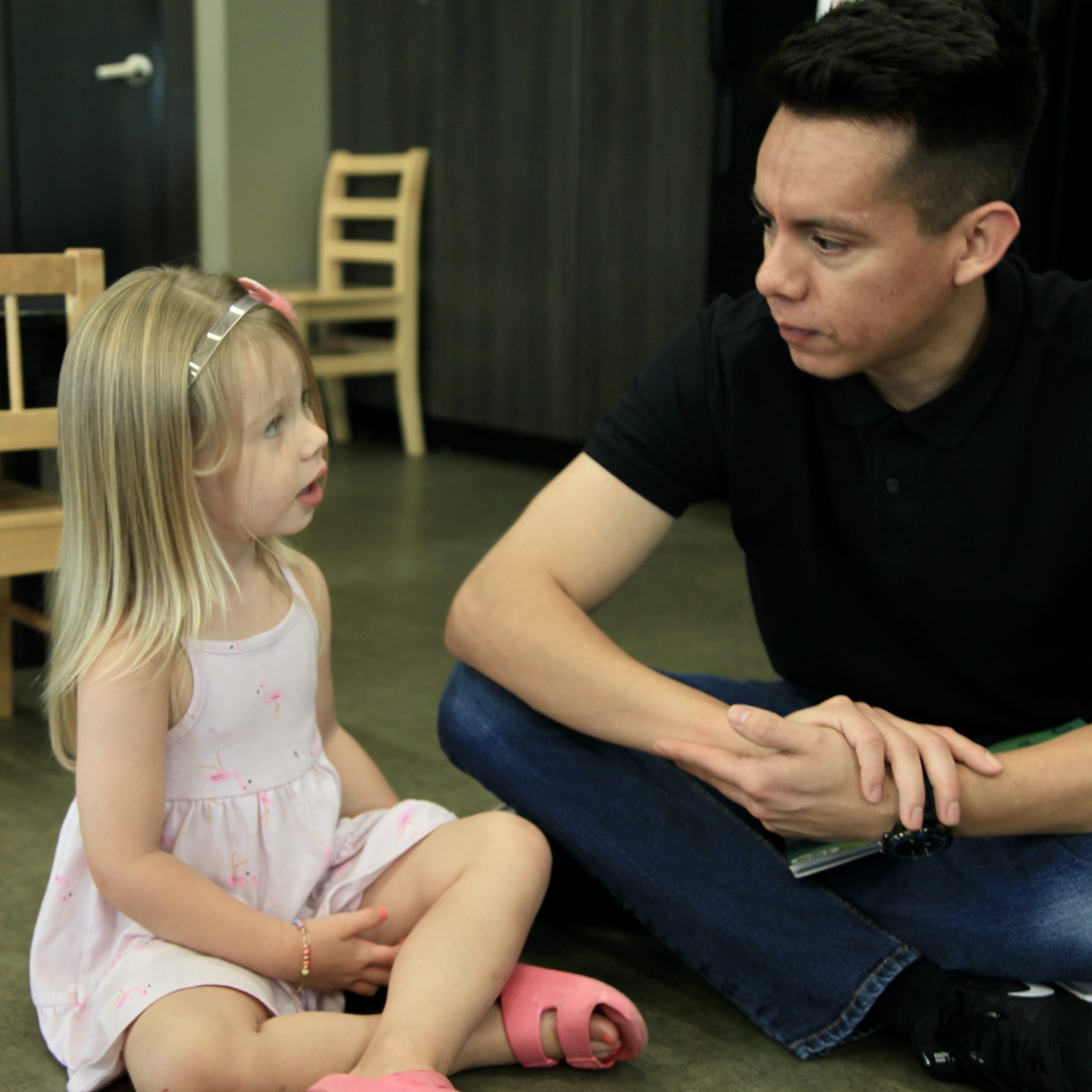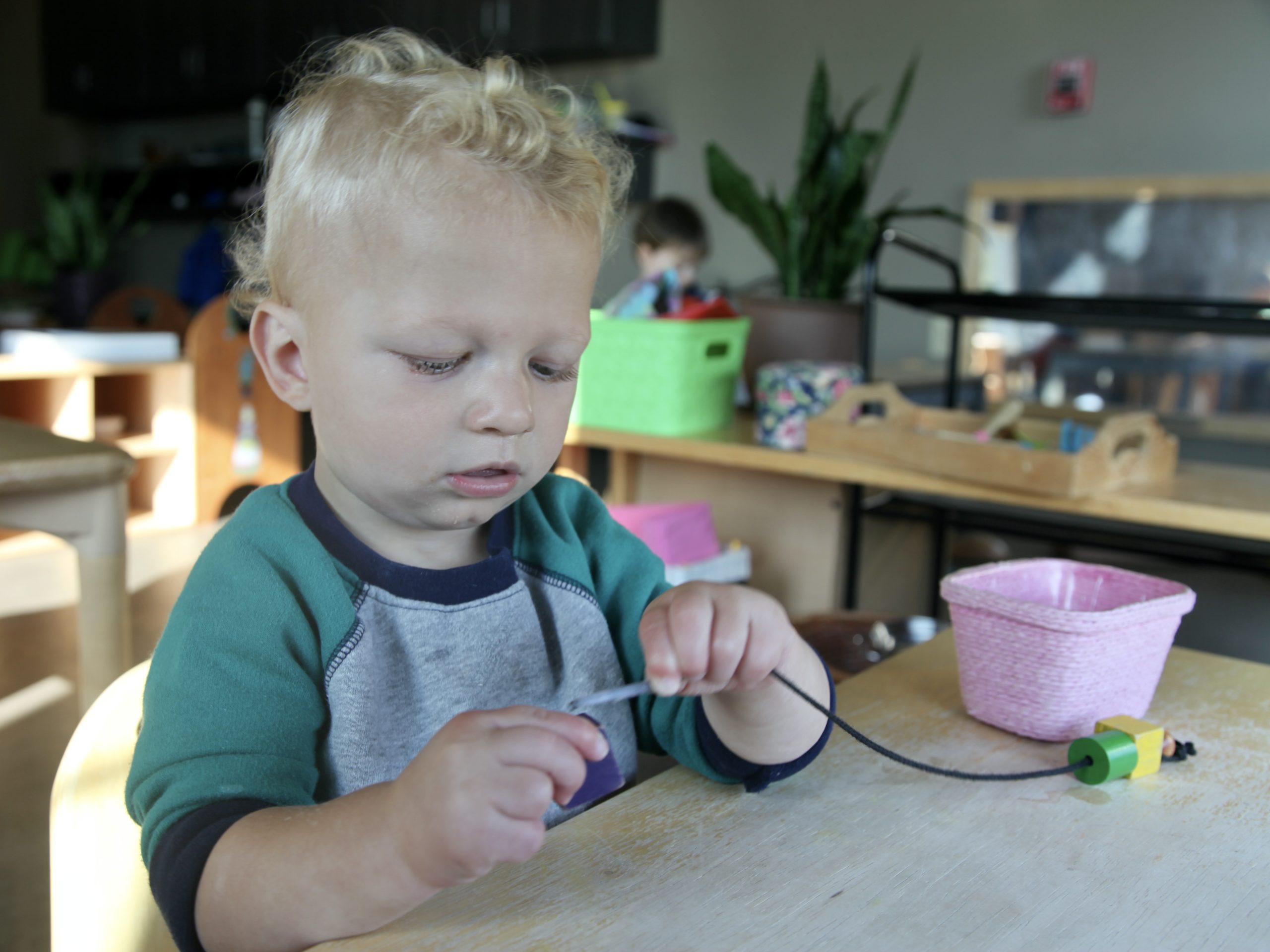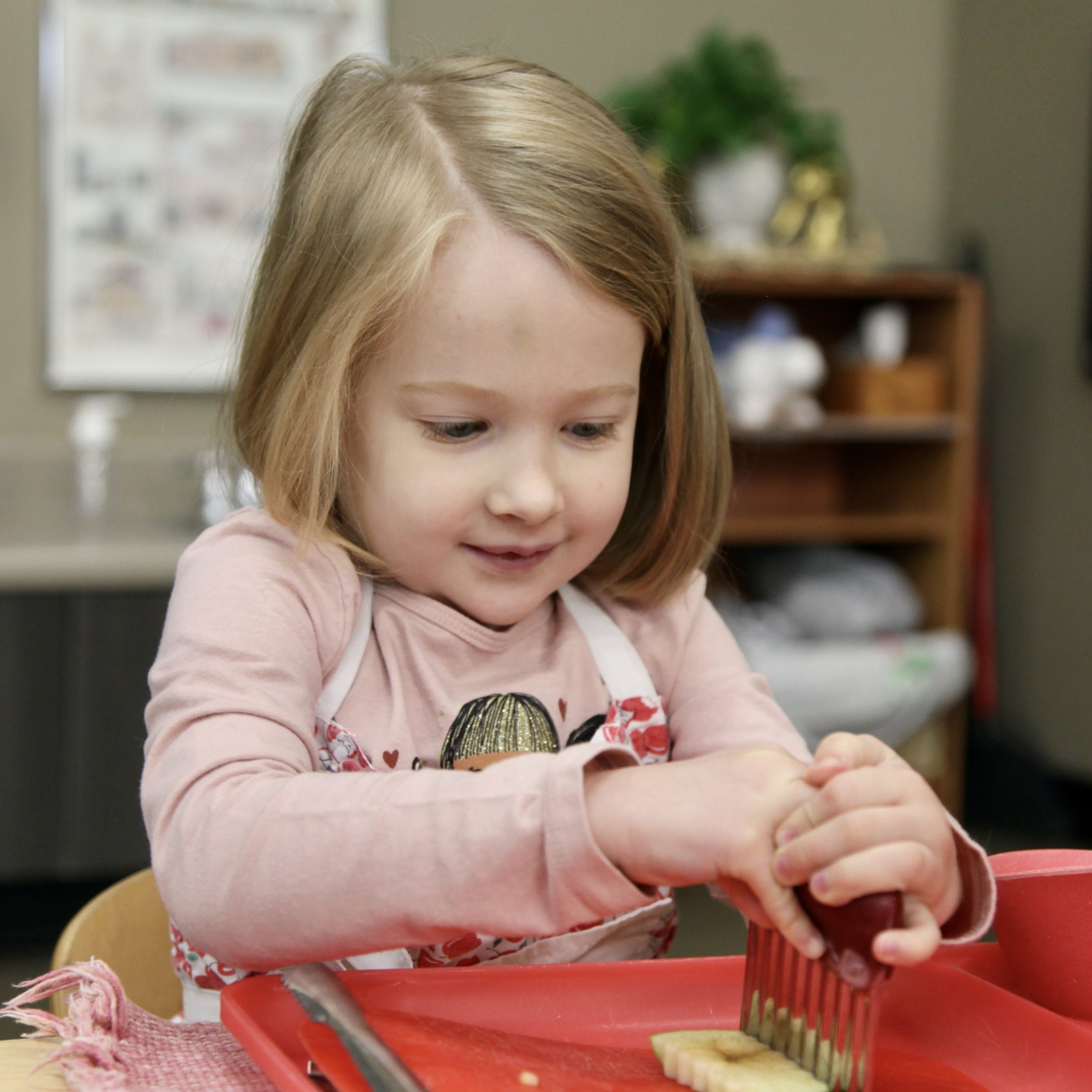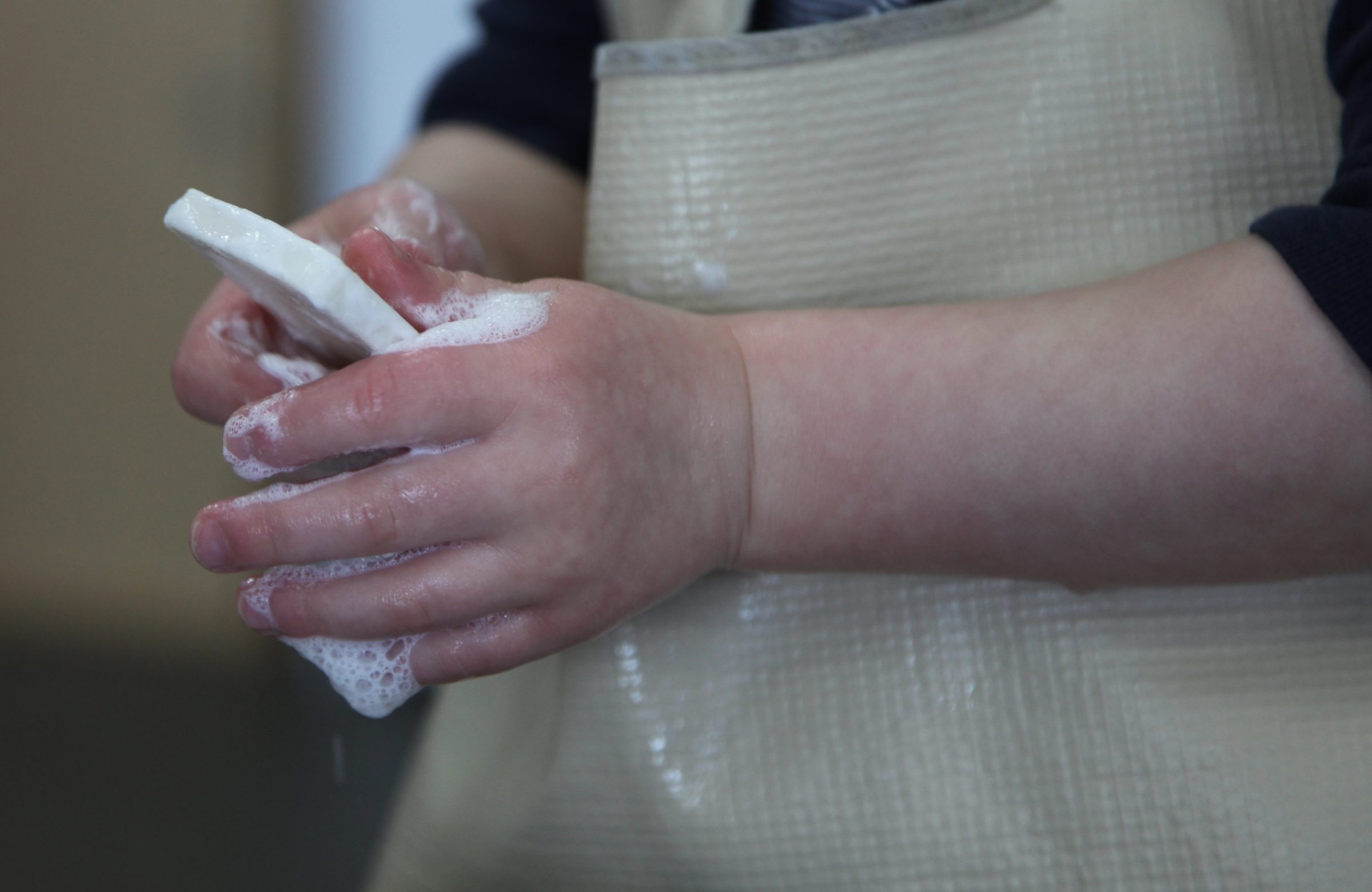Speaking For Children
Thoughts & Reflections
As I’m writing this, there’s a baby fussing and I asked his mom, “does he know what he wants?” to which she replied, “no he has no idea.”
When they’re tiny, no one has any idea of anything ever. They’re guessing, we’re guessing, it’s a roll of the dice. You’re hungry, how dare I offer you food or a bottle, I’m so exhausted what could possibly make you think I need to sleep. They’re cold and hot at the same time. These pants are touching my legs.
When they’re fresh little ones we’re not just parents and caregivers, we’re detectives and interpreters and conflict negotiators. We explain to other adults that they’re doing it wrong, they’re saying “DINOS,” that’s the wrong blue cup — yes I know that cup is yellow but that’s the blue cup they want. It’s a secret language between primary caregiver and child, and we often need to interpret or speak for them. Almost no one understands, even I don’t really understand all of the time, but here’s the little bit I do understand.

When they count on us for their every need, it can be easy to ignore or to forget that they’re always listening, they’re always watching, they’re taking it all in all the time. Sometimes they remind us of this fact when they repeat the phrase or name we used when someone cut us off in traffic on the way to school. Oh wow. You listen and talk now, huh? Guess I need to re-evaluate my vocabulary.
They’re always listening, and they’re always learning. We — their adults — are the Knowers-Of-All-The-Things. If I don’t interpret for a child, no one will understand. It’s a secret language, and we’re the only ones who know it. It becomes second nature to speak for a child, and once something is habit, it’s hard to break.
It’s easy to think children don’t understand when they’re not able to talk, and when they’re young and concentrate so intently, they’re a bit in their own world. You know the red light that goes on when recording is happening? Children don’t come with that, but it sure would be helpful.
When we’re the narrator for a child, their interpreter, and omniscient, when we say something on a child’s behalf it becomes Truth.
Sometimes this can be negative:
“He’s a picky eater.”
“Potty training is taking a long time.”
“They’re shy.”
“She’s having a bad day.”
“They miss mom today.”
When I’m the all-knowing-adult and I’ve named this fact in front of a child, it becomes their identity. It’s a reminder of the character I’m supposed to play, a cue to burst into tears cause, remember? I miss mom. Or I was curious about trying a tomato until, oh that’s right, I’m a picky eater. I almost went off-script for a minute! That was close!
These kinds of phrases don’t just give adults information they might need about the child, they tell a child who they are and who they should be.
This is also true in seemingly positive phrases:
“She’s a great big sister.”
“He’s a straight-A student.”
“She’s the creative one.”
“They always eat all their vegetables.”
“He’s such a leader.”
These are usually intended as praise, as affirming language. The trouble comes when this again becomes a child’s identity, and doesn’t give space for change or having a tough day. When the sister wants alone time instead of playing with her sibling. When the straight-A student just can’t wrap their mind around geometry. When the creative one is experiencing a dry spell. When the vegetable eater gags at overcooked anything. When the leader wants a break from holding it together. When these personas become how your adults see you, anything less than perfection can feel like a moral failing.
Sometimes we still do have to speak on a child’s behalf and clue-in their other adults.
He’s upset cause he didn’t make the soccer team.
She had a hard day.
They slept poorly last night and I’m wondering if they might not be feeling 100%.
When it’s helpful to have the whole team on the same page, sharing this information out of earshot is not speaking about a child behind their back, it’s ensuring a soft landing is ready when they might need a bit more support.
I packed something new in his lunch today, and I know that’s not always his favorite.
They’re taking a lot longer with learning to use the toilet than their siblings did; do you have any tips?
In our family we don’t require hugs, and I appreciate you respecting that when we come over for the holiday.
When naming positive qualities you see in your child, focusing on effort or what you see in your child, rather than identity-type language, can be very affirming.
It was really thoughtful of you to play with your sibling. I’m here to help if you need some alone time, too.
Do you want to help with the salad, or maybe talk to me while I make it?
It seemed like you put a lot of work into that project, did you feel good about it?
We always have good intentions, and sometimes the results are in line with these intentions while other times they miss the mark. Ask any archer: the only way to hit a bullseye is to keep trying. It’s the best way to ensure your message matches your intent.
Written by:
Charlotte Snyder



